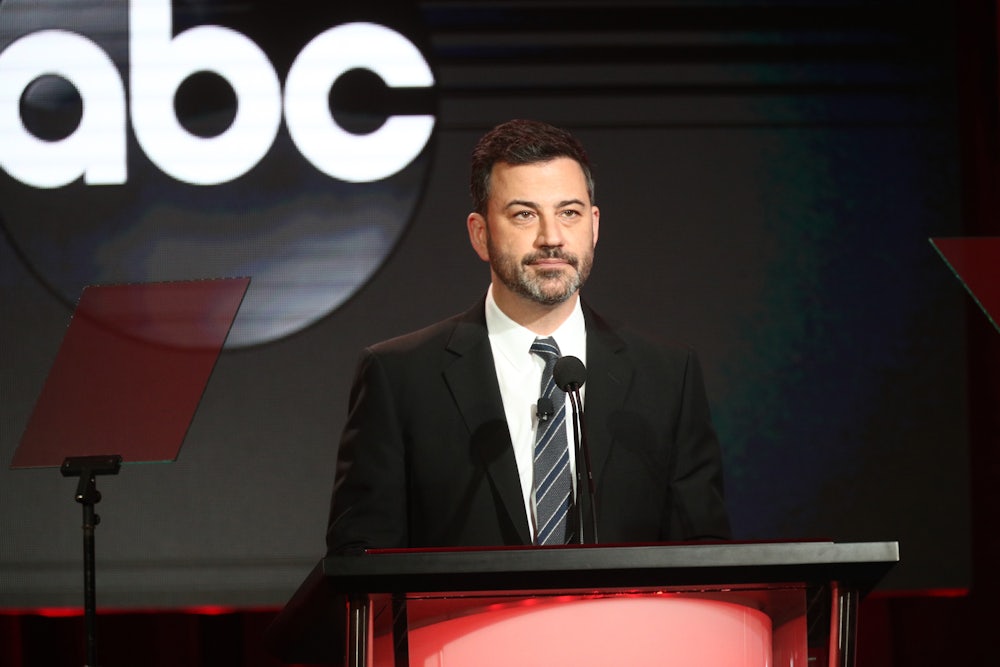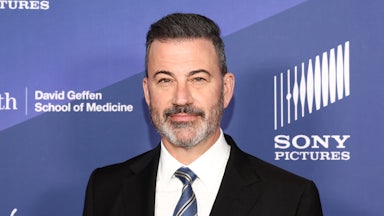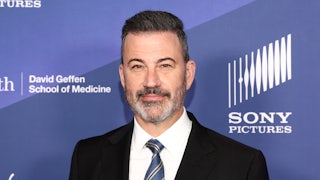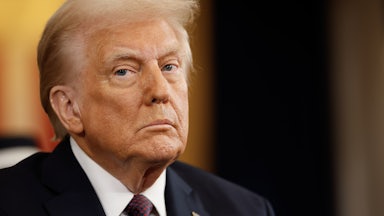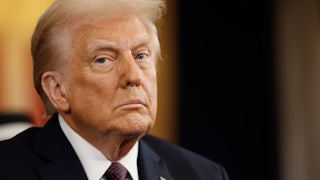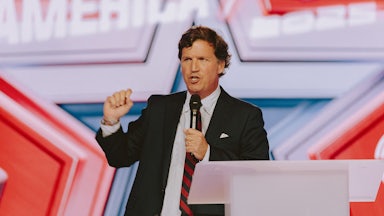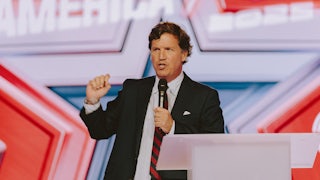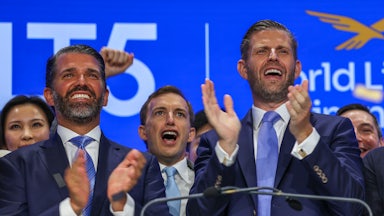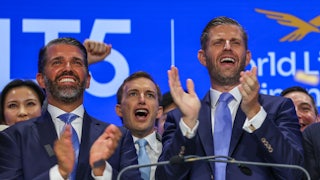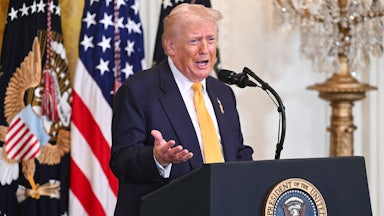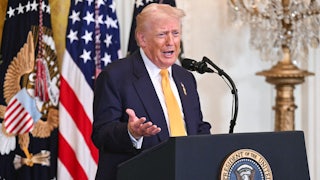On Tuesday night, Jimmy Kimmel returned to his ABC show, Jimmy Kimmel Live!, following a week-long suspension after he made a joke about the Republican response to the death of Turning Point USA co-founder Charlie Kirk. In his opening monologue, Kimmel apologized for his past comments, but he also trumpeted the importance of free speech and said that reining it in was un-American. “Our leader celebrates Americans losing their livelihoods because he can’t take a joke,” he said.
Kimmel’s suspension had come after President Donald Trump’s Federal Communications Commission chair, Brendan Carr, made a not-even-veiled threat on the podcast of conservative provocateur Benny Johnson. But Kimmel is only one of the most high-profile people to lose, or nearly lose, his job over comments about Kirk. Educators, journalists, even Office Depot employees have all been terminated or suspended because of their responses. In fact, Vice President JD Vance has even called on companies to fire Kirk’s critics—and for people to turn snitch, and dox them.
The irony of firing people for comments they made after the death of someone celebrated on the right for free speech is lost on no one. Naturally, Kirk wasn’t a real champion of free speech, and neither are any of the Republicans in power waging culture war on his behalf now. The call for firings highlights a growing problem in recent years: Employees don’t really have free speech protections when they work for private companies. Increasingly, workers have few protections on the job at all.
It’s no surprise that all of this started on college campuses. Before Kirk was killed at Utah Valley University, he’d long traveled to college campuses to engage students in what he called “debates.” Visiting speakers on campus had been a focus of student activism for years, leading to protests about who was welcome and who should be shouted down, a conflict that often ended with conservative speakers being deplatformed. That generated a response from the right that “wokeism” was destroying free speech. Protests over Israel’s war in Gaza led to student expulsions and, of course, created a pretext for a crackdown on higher education from Trump.
Universities are bearing the brunt of free speech casualties now, as well. The Chronicle of Higher Education has tracked firings over statements about Kirk, and writes that 26 faculty, 14 staff, and three students have been disciplined in some way, including firings and expulsions, for statements following Kirk’s death. A number of employees in other industries have been fired too, but they are less easy to count.
What employees are discovering, if they didn’t already know, is that free speech protections don’t always extend to private workplaces, especially when it comes to political speech. While other laws protect some speech, like the right to organize or blow the whistle about wrongdoing, many workers can be fired for anything they say on social media, if it runs afoul of their employers.
A big reason why is simply that most employers can fire most of their employees for any reason at any time. At-will employment is the standard in most states for most people, especially in the private sector. That means that most Americans work without any real job security at all, even if they may feel that they have it. That leaves too many Americans financially vulnerable.
Unions once provided some security, often requiring firing only for just cause, grievance procedures before an employee is fired, and other provisions like notice and severance in the case of layoffs. But unions have long been on the decline in the United States, especially in the private sector, and most workers don’t enjoy the protections they can provide. Jobs in the civil service, for federal and state governments, have long been some of the most secure in the U.S., but the Trump administration has attacked the federal workforce and, inspired by the Heritage Foundation’s Projects 2025, wants to force at-will employment on all federal employees.
But the fact that the Trump administration is putting direct pressure on employers, especially on journalists and broadcasters, to fire employees takes things a step further, if for no other reason than that it’s an obvious violation of the First Amendment. Kimmel’s celebrity profile, and the money Disney may have lost when viewers canceled their streaming subscriptions, ended up saving him, but this instance should highlight how little recourse most of us have when we criticize powerful people who don’t want to bother with the Constitution.
While workers have few protections at work now, that’s not destiny. It’s a political choice, one that can change any time. Kimmel is right in that this was about people’s livelihoods: His show, along with Stephen Colbert’s, which CBS announced is ending in May, and those of other late-night hosts Trump threatened on social media, provide stable jobs for a range of people without famous faces. With them in mind, it’s time for people to rethink the protections that workplaces should provide in the face of threats from those in power.
